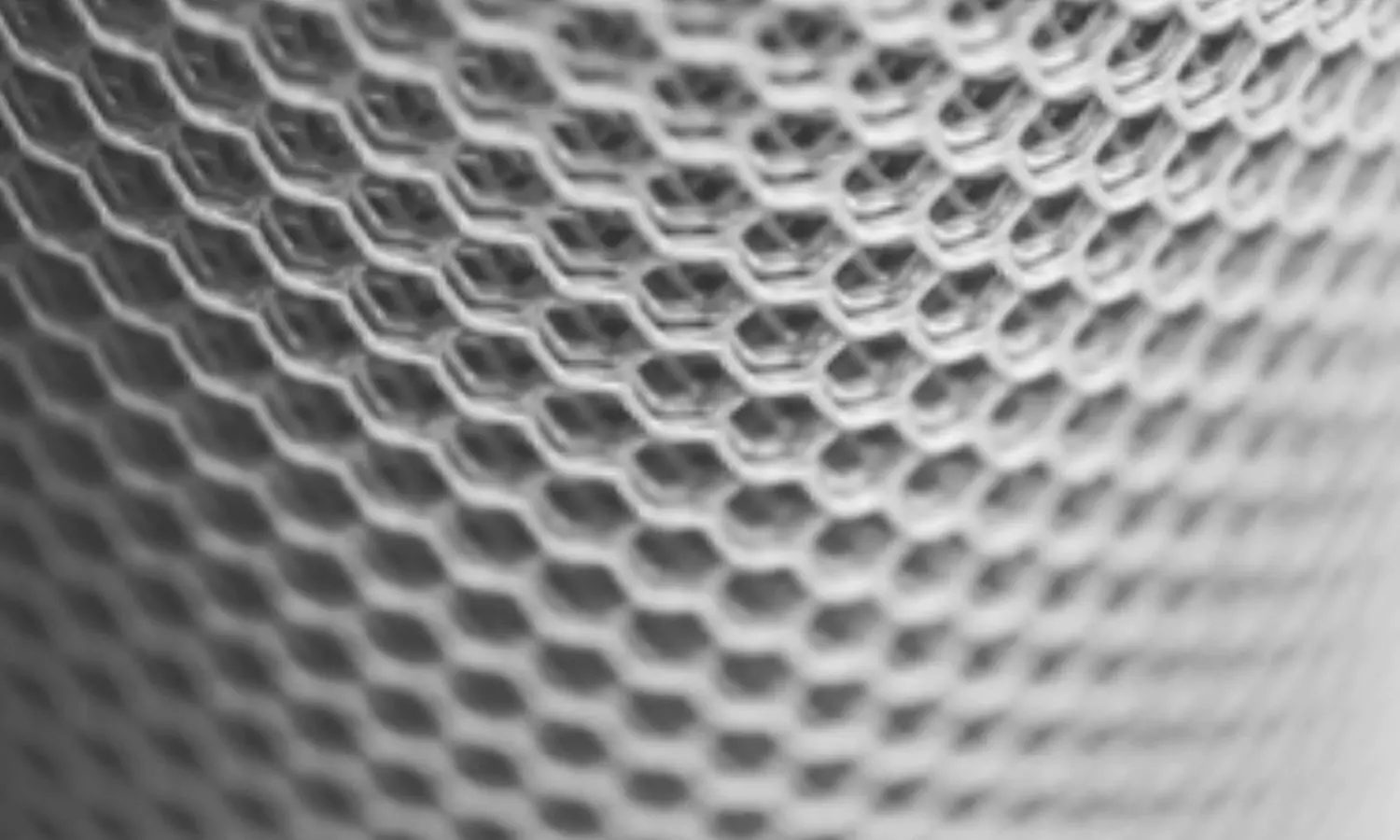- Home
- Medical news & Guidelines
- Anesthesiology
- Cardiology and CTVS
- Critical Care
- Dentistry
- Dermatology
- Diabetes and Endocrinology
- ENT
- Gastroenterology
- Medicine
- Nephrology
- Neurology
- Obstretics-Gynaecology
- Oncology
- Ophthalmology
- Orthopaedics
- Pediatrics-Neonatology
- Psychiatry
- Pulmonology
- Radiology
- Surgery
- Urology
- Laboratory Medicine
- Diet
- Nursing
- Paramedical
- Physiotherapy
- Health news
- Fact Check
- Bone Health Fact Check
- Brain Health Fact Check
- Cancer Related Fact Check
- Child Care Fact Check
- Dental and oral health fact check
- Diabetes and metabolic health fact check
- Diet and Nutrition Fact Check
- Eye and ENT Care Fact Check
- Fitness fact check
- Gut health fact check
- Heart health fact check
- Kidney health fact check
- Medical education fact check
- Men's health fact check
- Respiratory fact check
- Skin and hair care fact check
- Vaccine and Immunization fact check
- Women's health fact check
- AYUSH
- State News
- Andaman and Nicobar Islands
- Andhra Pradesh
- Arunachal Pradesh
- Assam
- Bihar
- Chandigarh
- Chattisgarh
- Dadra and Nagar Haveli
- Daman and Diu
- Delhi
- Goa
- Gujarat
- Haryana
- Himachal Pradesh
- Jammu & Kashmir
- Jharkhand
- Karnataka
- Kerala
- Ladakh
- Lakshadweep
- Madhya Pradesh
- Maharashtra
- Manipur
- Meghalaya
- Mizoram
- Nagaland
- Odisha
- Puducherry
- Punjab
- Rajasthan
- Sikkim
- Tamil Nadu
- Telangana
- Tripura
- Uttar Pradesh
- Uttrakhand
- West Bengal
- Medical Education
- Industry
Lighter weight mesh fails to reduce chronic pain after ventral hernia repair: JAMA

USA: Medium-weight polypropylene mesh does not have any clinical or patient-perceived benefit over heavy-weight mesh following open ventral hernia repair, a recent study has found. The study is published in the journal JAMA Surgery.
Currently, multiple versions of polypropylene mesh devices are available in the market for hernia repair. However, few comparisons exist to guide surgeons on which device may be preferred suiting to certain indications. Mesh density is believed to impact patient outcomes, including the perception of mesh in the abdominal wall and rates of chronic pain.
In the study, Dr. David M. Krpata, The Cleveland Clinic Foundation, Cleveland, Ohio, and colleagues addressed the question of whether medium-weight polypropylene is associated with less pain at 1 year compared with heavy-weight mesh.
The study was designed as a multicenter randomized clinical trial and was performed from March 14, 2017, to April 17, 2019, with a 1-year follow-up. Patients who underwent clean, open ventral hernia repairs with a width 20 cm or less were studied. Patients were blinded to the intervention. Patients were randomized to receive medium-weight or heavy-weight polypropylene mesh during open ventral hernia repair.
A total of 350 patients were included in the study, with 173 randomized to receive heavy-weight polypropylene mesh of which 84 [48.6%] female; mean age, 59.2 years and 177 randomized to receive medium-weight polypropylene mesh 91 [51.4%] female; mean age, 59.3 years.
The results of the study were
• No significant differences were found in demographic characteristics (mean [SD] body mass index of 32.0 [5.4] in both groups.
• Comorbidities about 122 [70.5%] vs 93 [52.5%] with hypertension, 44 [25.4%] vs 43 [24.3%] with diabetes, 17 [9.8%] vs 12 [6.8%] with chronic obstructive pulmonary disease, or operative characteristics (modified hernia grade of 2 in 130 [75.1] vs 140 [79.1] in the heavy-weight vs medium-weight mesh groups).
• Pain scores for patients in the heavy-weight vs medium-weight mesh groups at 30 days (46.3 vs 46.3,) and 1 year (30.7 vs 30.7) were identical.
• No significant differences in quality of life (median [interquartile range] hernia-specific quality of life score at 1 year of 90.0 [67.9-96.7] vs 86.7 [65.0-93.3]; median hernia-specific quality of life score at 30 days, 45.0 vs 43.3) were found for the heavy-weight mesh vs medium-weight mesh groups.
• Composite 1-year recurrence rates for patients in the heavy-weight vs medium-weight polypropylene groups were similar (8% vs 7%).
Dr Krpata and team concluded that "Medium-weight polypropylene did not demonstrate any patient-perceived or clinical benefit over heavy-weight polypropylene after open retro muscular ventral hernia repair. Long-term follow-up of these comparable groups will elucidate any potential differences in durability that have yet to be identified."
Reference:
Krpata DM, Petro CC, Prabhu AS, et al. Effect of Hernia Mesh Weights on Postoperative Patient-Related and Clinical Outcomes After Open Ventral Hernia Repair: A Randomized Clinical Trial. JAMA Surg. Published online September 15, 2021. doi:10.1001/jamasurg.2021.4309
Medical Dialogues consists of a team of passionate medical/scientific writers, led by doctors and healthcare researchers. Our team efforts to bring you updated and timely news about the important happenings of the medical and healthcare sector. Our editorial team can be reached at editorial@medicaldialogues.in.
Dr Kamal Kant Kohli-MBBS, DTCD- a chest specialist with more than 30 years of practice and a flair for writing clinical articles, Dr Kamal Kant Kohli joined Medical Dialogues as a Chief Editor of Medical News. Besides writing articles, as an editor, he proofreads and verifies all the medical content published on Medical Dialogues including those coming from journals, studies,medical conferences,guidelines etc. Email: drkohli@medicaldialogues.in. Contact no. 011-43720751


